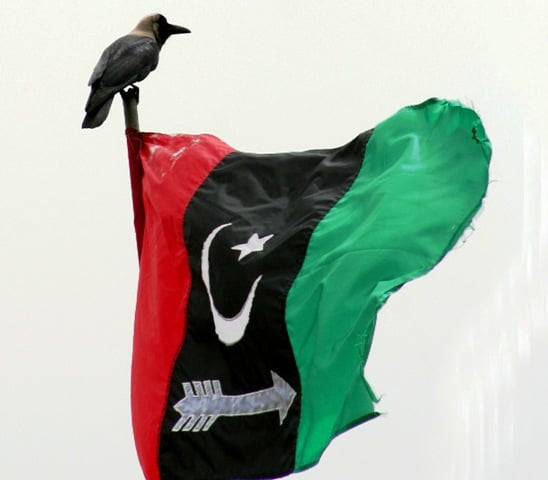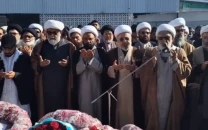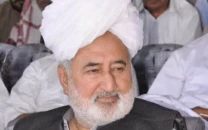Since 2008, incomes trail far behind soaring expenses
People spent increasingly more on food, survey reveals.

In the first three years of the Pakistan Peoples Party’s government, the average monthly household expenditure increased faster than the rise in income, affecting the poorest and the middle class the most and indicating an increase in poverty and inequality, revealed an official survey.
The Household Integrated Economic Survey (HIES) 2010-11, released on Tuesday, reflected poor performance on part of the incumbent government.
The survey, conducted by the Federal Bureau of Statistics, endorsed views held by economists that the policies of the incumbent government had widened the rich-poor divide and increased consumption inequality among various income groups.
The survey also indicated that many more people have been trapped in poverty. The survey compares the results with 2007-08 data, the last year of the Musharraf regime.
Almost half of households’ monthly income was spent on food stuff while people had to spend beyond their means to make both ends meet, the survey reveals.
Income, expenditure rise
According to the HIES, during last three years, the average monthly household expenditures increased 53% while the average monthly income rose 50%.
As shown in the accompanying table, the lower and middle classes were affected most by the inflation and declining incomes.
The average consumption expenditure of the richest class in urban areas is more than two and half times higher than the lowest income class and almost three times more than the same income class living in the rural areas.
The gap between the poorest and the richest is wider in urban areas than the rural areas, the survey confirmed.
Consumption patterns
The share of food expenditure out of total consumption is not just high, the survey reveals, it has increased from 44.3% in 2007-08 to 48.91% at present.
Households increased their consumption of wheat slightly, cutting back on milk while expenditure on sugar, despite its skyrocketing price, increased to 7%, from the 2008 level of 4.8%.
The lowest income class accorded more priority to wheat, milk, vegetable ghee, vegetables and sugar while the upper class spent more on milk, wheat, vegetables, fruits, mutton, beef, sugar and chicken.
The poor spent almost 70% of the total food expenditure on wheat, milk, vegetable ghee, vegetables and sugar, while the rich spent 48.1% on the same items.
The survey also revealed that expenditure on apparel, textile, footwear, housing, education, transport, communication, recreation and entertainment has shown a decreasing trend since 2007-08.
Published in The Express Tribune, September 28th, 2011.



















COMMENTS
Comments are moderated and generally will be posted if they are on-topic and not abusive.
For more information, please see our Comments FAQ